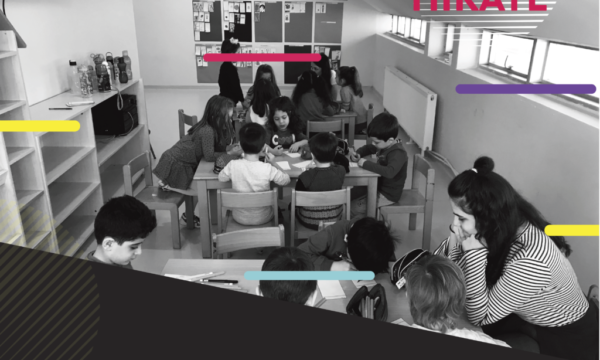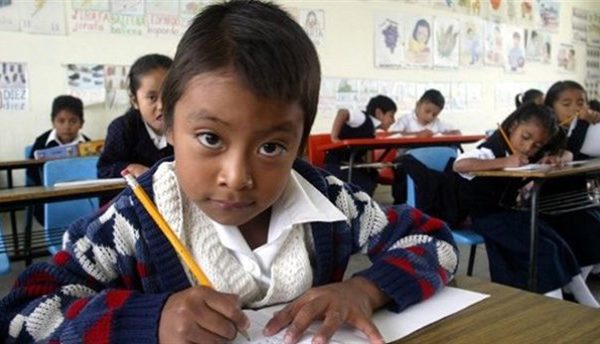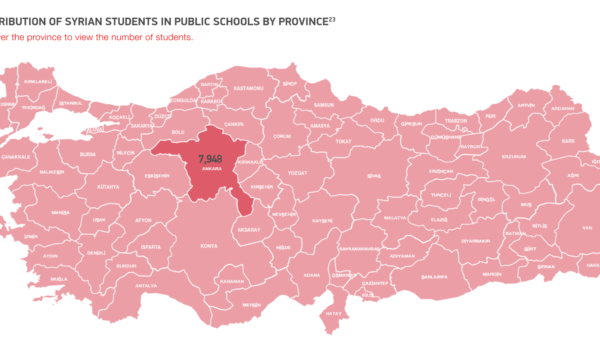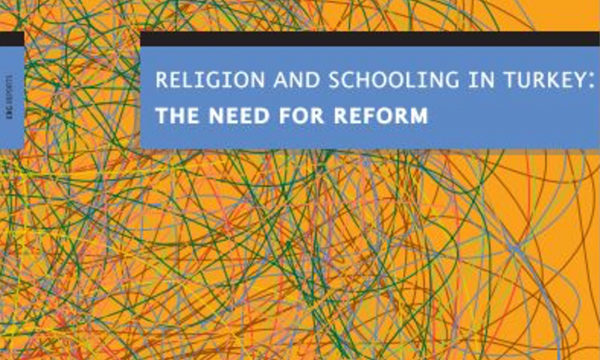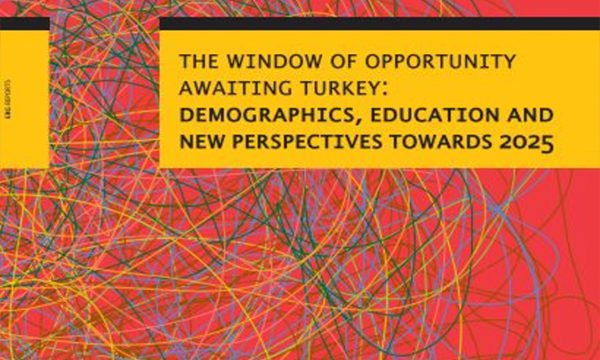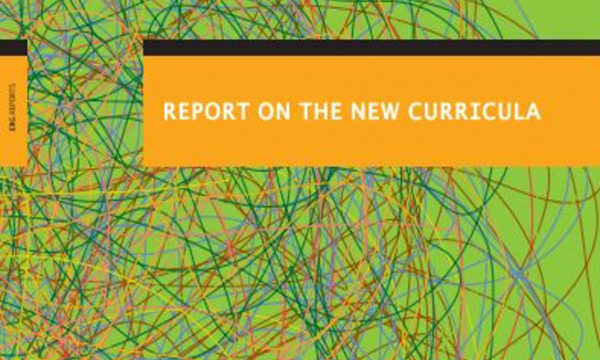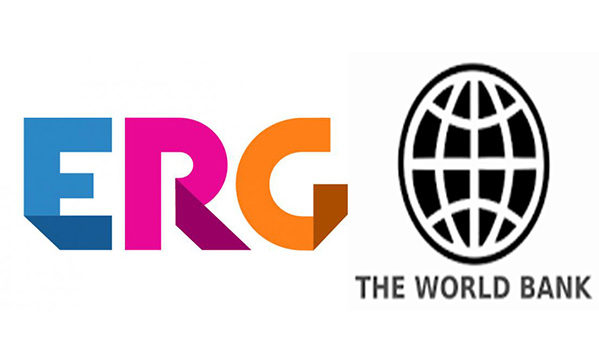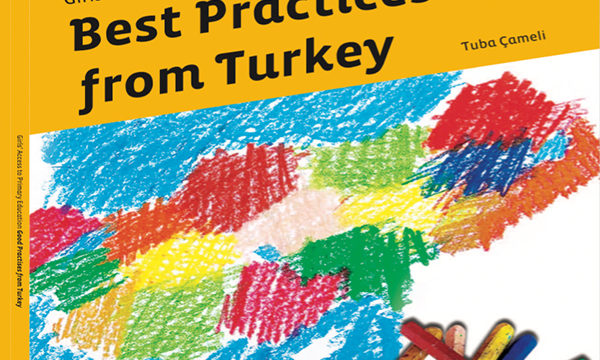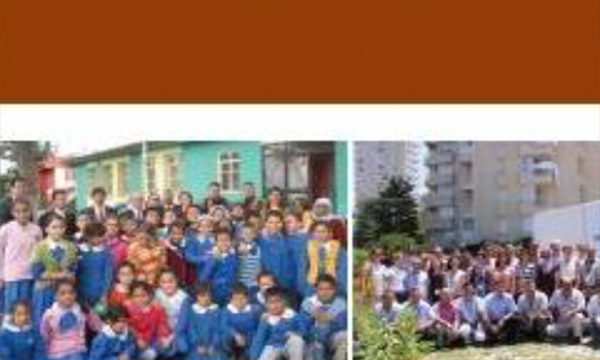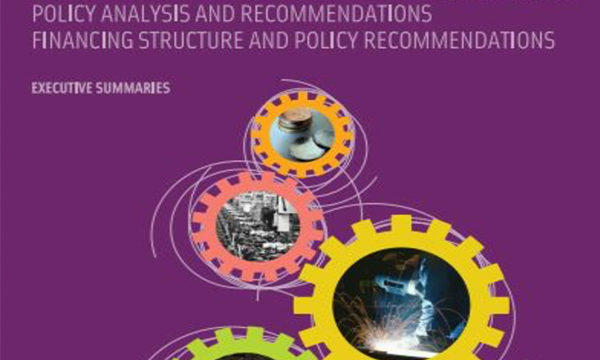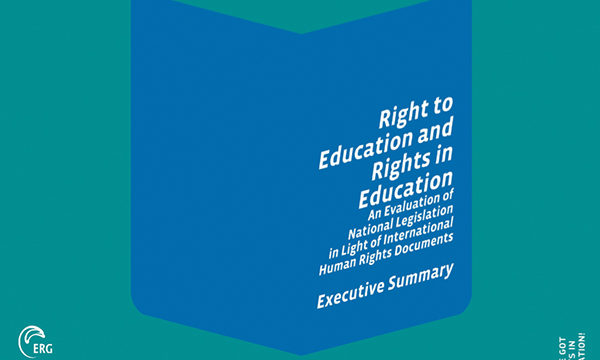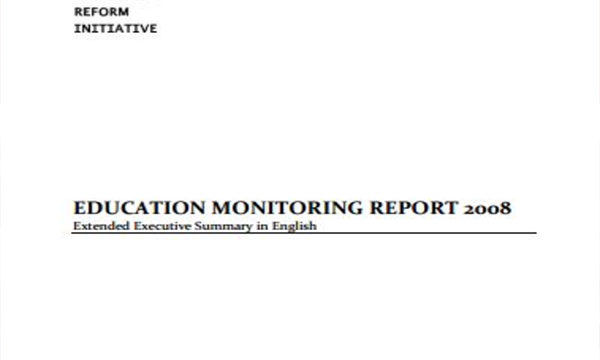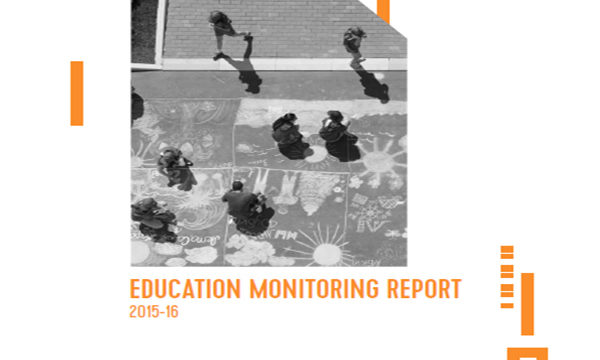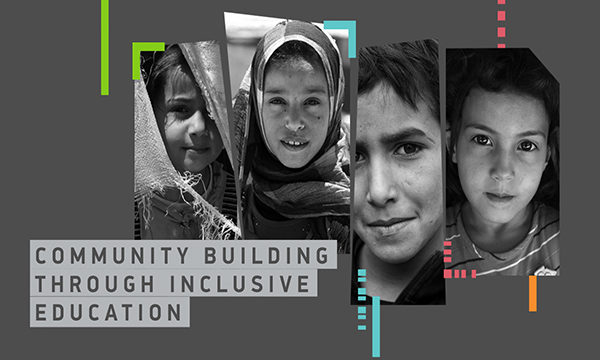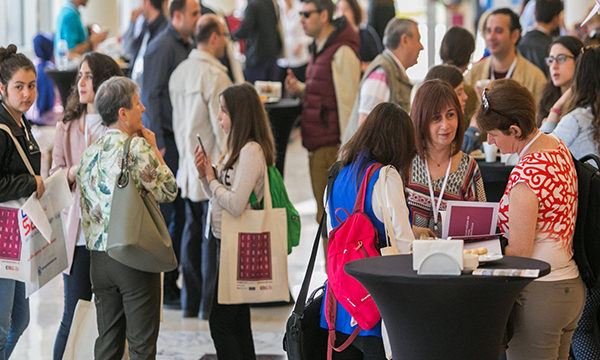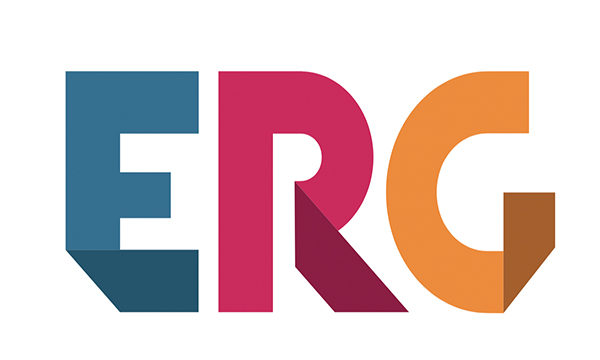Turkish Review, Yonca Poyraz Doğa
TR: Have enough studies been done in Turkey to get a general idea about the benefits of attending hazırlık (prep) courses?
Alper Dinçer: There are very few studies on this specific issue and almost all of these studies focus on the role of prep courses for the university exam. Thus, we know very little, if anything, regarding the impact of prep courses on SBS [TEOG, or Transition from Primary to Secondary Education] exam scores.
TR: Could you give us a few examples of what the available studies have found?
AD: There are three main findings: First, prep-course attendance has a positive impact on university exam scores. However, the magnitude of the impact is unclear. Second, prep courses are not accessible for everyone. Prep courses are not cheap and are unevenly distributed across the provinces. Thus, income as well as location is strongly associated with prep-course attendance. Third, student motivation is another key determinant of prep-course attendance. Academically successful students from low socio-economic status are not less likely to attend prep courses when compared to their peers from high socio-economic status.

TR: Could you elaborate on this last idea, as there seems to be no negative correlation between a student’s access to prep courses and his or her socio-economic status?
AD: Yes. As I mentioned in my previous answer, socio-economic background is an important factor determining access to prep courses. However, student motivation is as important as socio-economic background. High-achieving students from disadvantaged backgrounds are also likely to attend prep courses. Therefore, it looks like parents with limited means are determined to invest in prep courses if they are convinced that their daughter/son has a good shot at the university entrance exam.
TR: What do prep schools provide students that regular schools do not? Why do families want to send their children to prep schools?
AD: This is a tough question to answer. Test preparation is definitely one aspect of this issue. However, I believe, it is much more than test preparation. There are two studies investigating factors affecting prep-course choice: One from the Turkish Education Association [TED] in 2005 and another from [polling and research firm] İksara in 2012. Both of these studies highlight that stakeholders in the education system think that prep courses provide a better quality [education] than public schools, and prep courses are better in terms of counseling services as regards the selection of faculties and career choice.
TR: What do teachers think about prep courses? Do they support the idea that students should attend prep courses?
AD: According to the TED study, even state school teachers think that prep courses are of higher quality than state schools, and we know that state school teachers also send their children to prep courses.
TR: What is your opinion about the government’s decision to close down the prep courses? On what grounds do you think the government decided to take this action?
AD: Decision makers did not provide any background report or any other study supporting their stance regarding the transformation of the prep courses, and they did not provide any arguments backed with data or evidence justifying their decision. Therefore, it looks like the decision has been made based on impressions rather than information and knowledge, and the motivation behind the decision may not be directly related to concerns of education policy.
TR: Do you think the government’s decision to close down the prep courses is related to its opposition to Hizmet (also known as the Gülen movement)?
AD: The education minister and other high-level public officials from his ministry frequently stressed that the presence of prep-course centers intensifies inequality in the education system given that only those who have the means have the choice of affording prep courses. However, as I mentioned earlier, students with limited means are also likely to take prep courses if they are motivated and successful. Usually private tutoring centers provide scholarships for this kind of student. Moreover, it is not clear why transforming the prep-course industry is the best way to decrease inequality in the education system. Increasing the provision of high-quality early-childhood education and enhancing teacher quality might have been sensible choices to decrease educational inequality. I do not know what considerations have been taken into account during the decision-making process regarding closing down the prep courses.
TR: How do you think the transformation of the prep courses will be achieved?
AD: I cannot foresee whether the transformation of the prep courses will be achieved or not. The measures will come into force in September 2015. Thus, another legal change before then is very likely, given the forthcoming elections [general elections are slated from June 2015]. However, Economics 101 can guide us in predicting what will happen if the transformation of the prep courses is achieved: The demand for prep courses will not change given that there is no change in the university entrance system. However, the supply of prep courses will decrease, given that some of the prep-course centers will transform into private schools. However, prep-course centers will not go extinct. Some of them will go on operating under the table. Thus, supply will decrease and the price of prep courses will go up. Thus, access to prep courses will be much more sensitive to income and socio-economic status. This means that inequality in the education system will increase.
TR: Was the government’s decision-making process transparent?
AD: Regarding education policymaking, transparency and participatory processes have to be enhanced, and this urgent need is not specific to any education policy intervention made during the last three to four years.
TR: Do you mean that the Turkish public has faced poor education policy decisions in recent years?
AD: In 2009, 42 percent of the 15-year-old student population in Turkey did not even have basic mathematics skills, according to the Organization for Economic Cooperation and Development (OECD) Program for International Student Assessment (PISA) study. The OECD repeated this study three years later in 2012, and we saw that, still, 42 percent of the 15-year-old student population in Turkey is not capable of basic mathematics. I think, regarding the relevance and quality of education policymaking, the data speaks for itself.
TR: The ERG published some policy notes aimed at providing resources to the public regarding the government’s decision-making process on the future of prep courses. Has the government taken those or similar contributions seriously, and has it been responsive and given you feedback?
AD: The ERG’s policy notes have received substantial coverage from the national press and television channels. Thus, I can say that at that time all the stakeholders in education policy were crying out for an objective evaluation of the approaching change regarding the prep courses. With our policy notes, we aimed to address this need. We did not get any feedback or response from the ministry regarding our notes.
TR: Some observers say that prep courses will operate underground after they are abolished. What effect do you expect from the decision to close down the prep courses?
AD: It is very likely that some of the prep courses will operate underground after September 2015, given that there will be demand for the services they provide. Currently, prep courses operate within the boundaries of the legal system. They pay taxes and their staff, generally speaking, are wage earners under social security coverage. After September 2015, prep courses operating underground will not pay any taxes and their staff will [not] be under any kind of labor market and/or social security protection.

